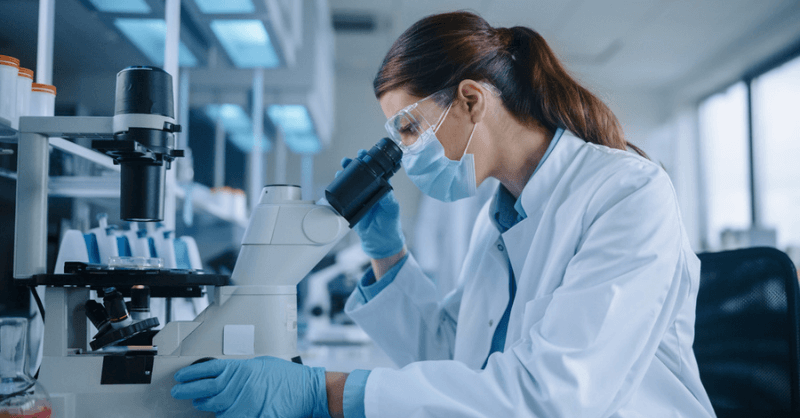Medical laboratory science is a fascinating field that forms the backbone of modern healthcare. Professionals in this area conduct crucial tests that inform diagnosis and treatment decisions. The journey to becoming a medical laboratory scientist requires a mix of education, certification, and practical experience. Whether you’re just starting out or looking to advance within the healthcare sector, the role of a medical laboratory scientist offers a rewarding and impactful career path. In this article, we’ll explore the steps you need to take to enter and excel in this vital field.
Educational Pathways to Becoming a Medical Laboratory Scientist
Education is a major stepping stone toward becoming a medical laboratory scientist. A bachelor of science medical laboratory science is the foundational degree for this profession. These programs cover a range of topics including biology, chemistry, microbiology, immunology, and clinical laboratory skills. Hands-on lab courses are included to ensure students are technically proficient upon graduation. Online education has broadened access to medical laboratory science programs. This format allows aspiring scientists to tailor their education to suit their personal and professional obligations.
Upon completion of an accredited program, graduates are eligible to sit for the national certification examination, which is a critical credential for employment. Educational and certification requirements may vary by country, so it’s important to research region-specific mandates when considering a career in medical laboratory science.
Creating a space that is conducive to studying is an integral part of getting an online education. You may even want to look for decor options like fake pot plants. The biggest advantage of incorporating artificial plants in a study area is that they require minimal maintenance. Unlike real plants, artificial ones do not need watering, sunlight, or pruning. This means that they will always stay green and vibrant, without any effort on your part. With artificial plants, you can have the beauty of nature in your study space all year round.
Gaining Experience and Specializing in Medical Lab Science
Practical experience is another cornerstone of a successful career in medical laboratory science. Many educational programs incorporate internships or clinical rotations to give students real-world experience in a laboratory. During these rotations, students can work under the supervision of experienced professionals, learning the nuances of laboratory workflows and patient communication.
After becoming certified, many medical laboratory scientists start their careers in generalist roles, gaining exposure to a variety of laboratory tasks across different departments. Over time, some opt to specialize in a particular area, such as molecular biology, genetics, or toxicology. Specialization often necessitates further education and training, but it can lead to greater responsibilities and career growth. Networking and professional organizations can also provide valuable experience and opportunities for specialization.
The ongoing advancement in medical technologies and methodologies also necessitates continuous learning. Whether through employer-provided training or self-initiated education, staying abreast of such advancements is integral for a medical laboratory scientist who wants to excel and perhaps contribute to innovation within their specialization.
Entering the job market as a medical laboratory scientist usually starts with positions in hospitals, private laboratories, or clinics. These environments offer a breadth of experience and a chance to work closely with other healthcare professionals. As entry-level positions provide hands-on skills, budding scientists can build a reputation for accuracy and reliability, which are paramount in healthcare settings.
Advancement opportunities for medical laboratory scientists can take various forms. Some may choose to progress into supervisory or managerial roles, overseeing laboratory operations and staff. Others may opt for a career in research, contributing to scientific studies and advancements in the field. Additionally, some experienced professionals transition into educational roles, sharing their knowledge by teaching the next generation of laboratory scientists.
The demand for medical laboratory scientists has seen significant growth, partly spurred by global health challenges. This demand is projected to continue, which bodes well for job stability and prospects within this career. The rapid pace of change in medicine means that career advancement often requires ongoing education and openness to new experiences, whether they are in research, clinical, or even consulting capacities.
As you can see, embarking on a career as a medical laboratory scientist is undoubtedly rewarding and positions you at the forefront of patient care. By following the educational and certification pathway, gaining experience, and continuously learning, dedicated professionals will secure their place in this evolving field. Still, they will also contribute to the betterment of healthcare practices and outcomes.


